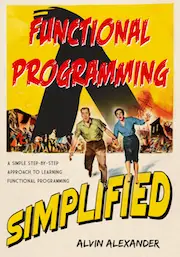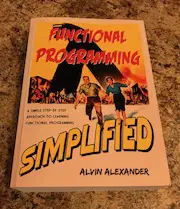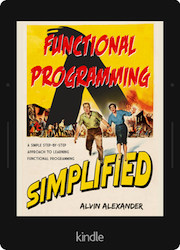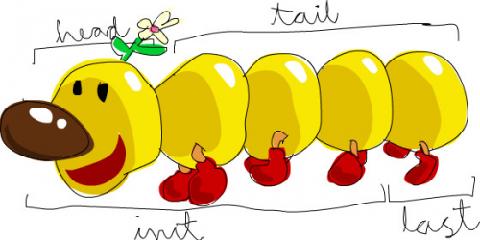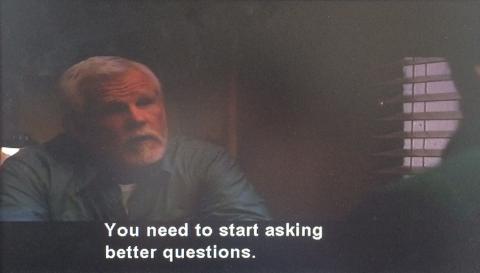Some day I might write a book called, Random Conversations with Strangers While Aimlessly Wandering Around, and it will include stories like this:
Many years ago I walked into a favorite bakery in Alaska. Nobody was there, no customers or employees, so I took a few minutes to look over the cookies and donuts to decide what I wanted.
Finally a young woman came out of the back room. I knew from previous donut/cookie runs that she was born in Ohio, moved here about five years ago, was nineteen years old, and would be twenty in a few months. As she brought out a tray of something new, she said, “Oh, I’m sorry, I didn’t hear you come in.”
I replied it was no problem, it gave me a chance to think about what I wanted. We chatted for another minute or two and then she looked around and said, “Can I be honest with you?”
